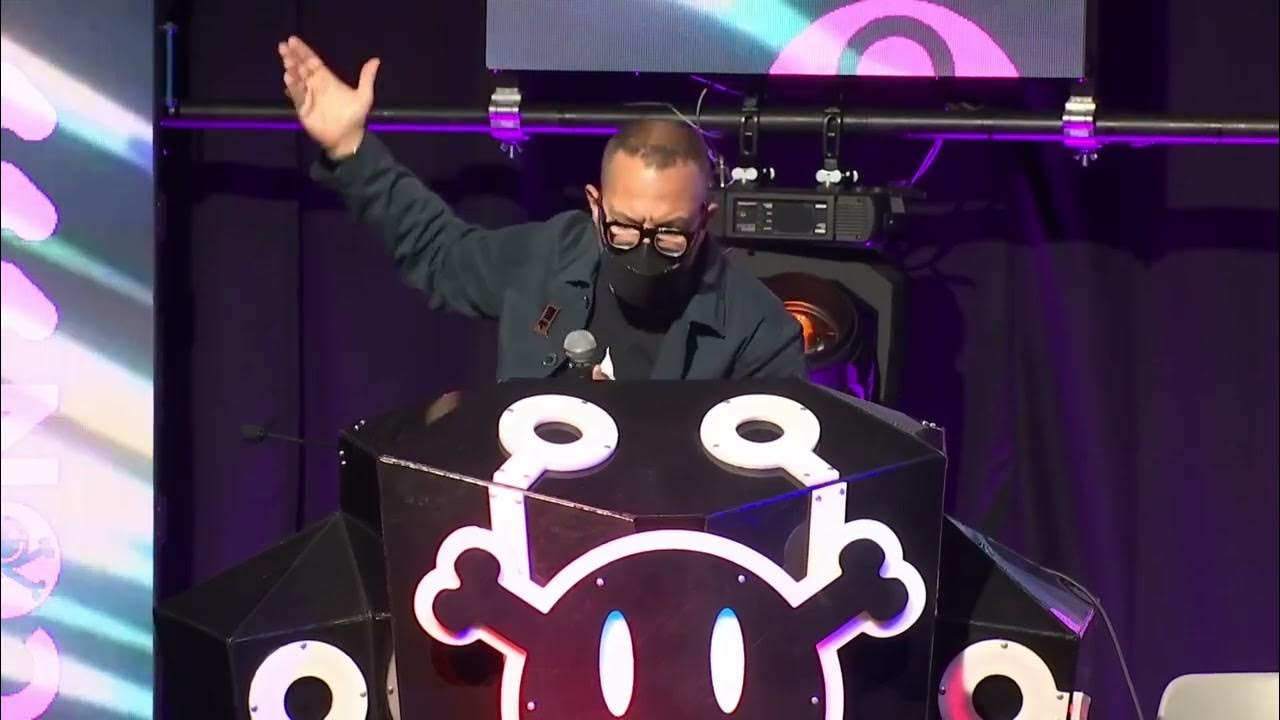

Why do we even need a server? Why can’t I pull this directly off the disk drive? That way if the computer is healthy enough, it can run our application at all, we don’t have dependencies that can fail and cause us to fail, and I looked around and there were no SQL database engines that would do that, and one of the guys I was working with says, “Richard, why don’t you just write one?” “Okay, I’ll give it a try.” I didn’t do that right away, but later on, it was a funding hiatus. This was back in 2000, and if I recall correctly, Newt Gingrich and Bill Clinton were having a fight of some sort, so all government contracts got shut down, so I was out of work for a few months, and I thought, “Well, I’ll just write that database engine now.”
Gee, thanks Newt Gingrich and Bill Clinton?! Government shutdown leads to actual production of value for everyone instead of just making a better military vessel.








Funnily enough, Angela Collier also made some pretty good videos for “actually” studying physics. Spoiler: no need to go to Hawaii, or anywhere further than your own couch/desk!
how to teach yourself physics
how to solve a physics problem